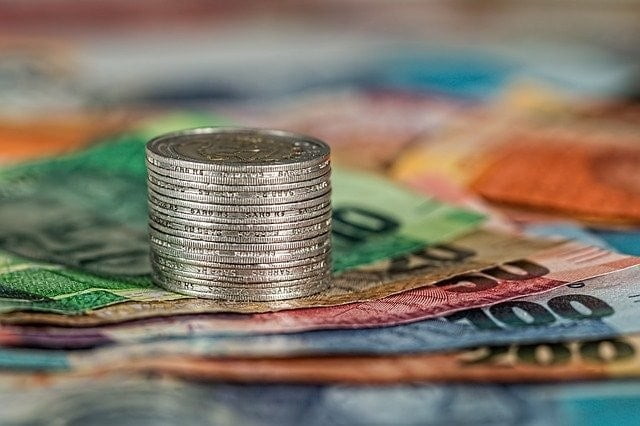Capital Gains Tax (CGT) in Cyprus is imposed at the flat rate of 20% on the following sources of income:
- Gains from disposal of immovable property located in Cyprus;
- Gains from disposal of shares of companies which own immovable property situated in the Republic and that are not listed on a recognised stock exchange;
- Gains from disposal of shares of companies, which indirectly own immovable property located in the Republic and derive a minimum of 50% of their market value from this immovable property;
Badges of Trade:
In order to fully comprehend in which situations CGT is imposed we need to distinguish under which circumstances profits from disposal of immovable property may fall under the provisions of Income Tax Law and when under CGT.
If a company’s main trading activity is the purchase and sale of immovable properties, then any profit on the sale of such property will be taxed under income tax since this profit is considered to be part of the trading activity of that company. If a transaction is not considered to be of trading nature but of capital nature, then such a transaction will be taxed under CGT.
In order to evaluate whether the disposal of an immovable property is of a trading nature or of a capital nature, badges of trade are used. Badges of trade are a list of factors that should be taken into consideration when determining the nature of a transaction.
A few of the key factors are listed below:
- The subject matter of the transaction and the reasoning behind the acquisition and sale
- The period between the purchase and sale of the immovable property. If the period is short, then it is more likely that the transaction is of a trading nature
- Additional work performed to the property. Any additional work performed may indicate that work was carried out to secure a more attractive sale in the future, therefore indicating a trading transaction
- The expertise and knowledge of the seller
- Method, source of financing and acquisition of the property. For example if the property was inherited then it is more likely that the transaction is of capital nature
- Whether the proceeds from the sale are reinvested
- Frequency of similar transactions. If this type of transaction is frequent then it is more likely that these transactions will be treated as trading nature
Exemptions:
There are a series of exemptions when it comes to CGT. The following disposals of immovable property are exempt from any CGT:
- Gifts between spouses, parents, children or other relatives up to third degree
- A transfer by reason of death
- Gift to charities, the Republic, local authority for educational purposes or to a political party
- Disposal of property under Compulsory Acquisition Law
- Gifts by a family company to its shareholders, as long as the property was acquired by the company in the form of a gift. In this case, the property must be kept for a minimum of three years
- Gift to a company, of which the shareholders are and will continue to be for five years following the gift, members of the disposer’s family
- Any disposal of shares of a company that is listed on a recognised stock exchange
- Transfer of ownership or share transfers as a result of reorganisation
- Transfer of property of a missing person under administration
- Exchange or disposal under the Agricultural Land (Consolidation) Laws
Life-time exemptions:
When determining whether a specific transaction is subject to Capital Gains Tax we must keep in mind that there are certain lifetime exemptions for individuals. Life-time exemptions will be deducted from the taxable capital gain. Exemptions are listed below:
- The first €17,086 taxable gain from the disposal of property situated in the Republic of Cyprus will be exempt;
- The first €25,629 taxable gain from the disposal of agricultural land under the condition that the main occupation of the individual is agriculture will be exempt;
- The first €85,430 taxable gain from the disposal of private residence used by the owner. This exemption is subject to conditions. Conditions are listed below:
- The property should be used as the main residence of the individual for at least 5 years (period does not have to be continuous)
- Residence should not be situated in land that exceeds 1500 sq.mt. If it does, then CGT is paid on the proportion of gain from the disposal of property in excess to 1500 sq.mt.
- No exception will be allowed if on the date that the property is disposed the owner has ceased to use it as his main residence for more than 1 year
Exemptions can be based on a combination of the above; however exemptions are subject to a lifetime maximum of €85,430.
Calculation of CGT:
When calculating income from disposal of immovable property, the below are deducted from the proceeds received from the sale:
- The value of the immovable property as at 01/01/1980 or cost of acquisition if date is later, adjusted for inflation up to the date of disposal. The value adjusted for inflation is calculated using the official Retail Price Index.
- Expenses directly related to the acquisition or disposal of the immovable property e.g. transfer fees, interest costs on related loans, estate agent commissions, legal expenses etc.
- Any additions made after 01/01/1980 or acquisition date, adjusted for inflation up to the date of disposal, on the basis of the consumer price index in Cyprus
Tax on disposal of Securities:
In regards to securities such as bonds, debentures, founders’ shares, ordinary and preference shares, options on titles etc., such securities are exempt from Cyprus Income Tax. When it comes to CGT, if the company whose securities are disposed does not at the time of disposal hold any immovable property directly or indirectly in the Republic of Cyprus, then the proceeds from disposal will be exempt from CGT as well.
For more information regarding disposal of securities and capital gains tax please contact our offices.



